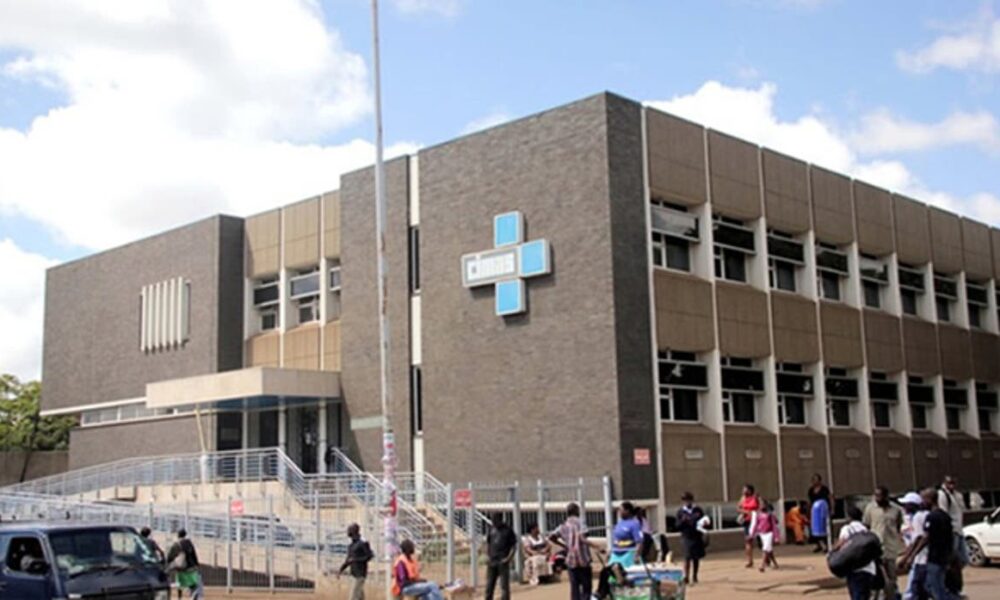Medical aid fraud: CIMAS loses $1,5m
CIMAS Medical Aid Society has been hit hard by medical aid fraud, amid reports that a local pharmacy generated 477 fraudulent claims and received millions of dollars for medication that was never dispensed.
Medical aid fraud has been there for long, but most societies suffer in silence for fear of reputational damage, once the matter becomes public.
However, the CIMAS case, which has seen some suspects being arrested recently, becomes a tip of an iceberg on what is happening in the medical aid system.
In some cases, corrupt syndicates involving pharmacists and doctors generate fraudulent medical aid claims and receive money for services not rendered.
Others even attend to patients and provide them with medication but ask them to pay a huge shortfall although there is in fact either no shortfall or only a small one.
After receiving the huge “shortfall payment”, the corrupt institutions claim the full fees from the medical aid society.
Effectively, the service providers end up receiving payment twice for the same service. National police spokesperson Assistant Commissioner Paul Nyathi confirmed the arrest of a director for Channel Pharmaceuticals Private Limited in Masvingo, Grace Kusotera (53), and pharmacist Munyaradzi Malvin Munoda (32) over medical aid fraud.
“I can confirm the arrest of Grace Kusotera and Munyaradzi Malvin Munoda for generating fraudulent medical aid claims to CIMAS. They inflated the figures and in some cases, they reportedly got paid for medication that was never provided to the beneficiaries,” said Asst Comm Nyathi.
The two were arrested after an investigation by CID Commercial Crimes Department.
Channel Pharmaceuticals (Private) Limited, which operates pharmacies in Masvingo is registered byCIMAS under its Blue Zone network of service providers.
In terms of the contractual agreement signed on 17 September 2019, Channel Pharmaceuticals provides CIMAS’ members with medication and CIMAS later pays for the medicines on behalf of the members.
For payment of medication given to Cimas members, the pharmacy is obliged to attach copies of genuine prescriptions on manual or electronic claims.
The submission of electronic claims is done through New Health 263. CIMAS conducted a
quality check on claims submitted by Channel Pharmaceuticals and a validation exercise
was instituted to check for the genuineness of prescriptions.
The validation showed that between January last year and January this year, the
pharmacist, Munoda in connivance with Kusotera, submitted 477 fraudulent claims to
CIMAS worth $1 271 964 and US$2 008.
They reportedly misrepresented that the CIMAS members in question had received drugs
covered by the medical aid.
CIMAS then paid the money into Channel Pharmaceuticals’ bank accounts.
It came out that the medicines quoted by the pharmacy were never given to the members
in question.
On these medicines claims, the pharmacy staff attached some incomplete prescriptions.
In some cases, prescription dates and the service dates did not tally, prompting CIMAS’
loss control department to investigate.
At least 32 of the members whose names appeared on the fraudulent claims were interviewed and they denied receiving any of the stated drugs with some saying they had no chronic conditions as stated in the claim forms.
More are yet to be questioned to find out if they ever asked for or received medication that was claimed for.
The Association of Healthcare Funders of Zimbabwe (AHFoZ) chief executive Ms Shylet Sanyanga said huge amounts of money are being lost through medical aid fraud.
“While the sector still has service providers who are professionals of integrity,
regrettably, there are some providers who are dishonest.
“They engage in claiming practices that prejudice the medical aid system. The practices
include among other things, fraudulent claiming, abuse or wasteful claiming.
“It is estimated that approximately 30 percent is lost through medical aid fraud, waste,
abuse and misuse. Other jurisdictions have recorded 15 percent loss to medical aid fraud,”
she said.
Ms Sanyanga said measures were in place to curb fraud in the medical aid system.
“Claims are analysed before payment. Providers who would have submitted irregular
claims are reported to the police and they also have to refund the prejudiced medical aid
society whilst some may be removed from direct payment,” she said.
“While laws against crime in general do exist, the area of medical aid fraud is technical
andis not yet widely understood. Efforts to raise awareness and to establish some level of
understanding on the subject are under way,” Ms Sanyanga said.-The Herald










